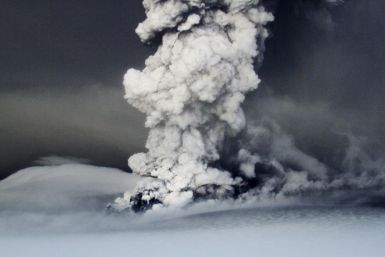David Attenborough is set to unveil the skull of the pliosaur, commonly called the deadliest sea monster ever.
She's been in space 32 times since 1985, and orbited the earth 4,648 times, but today will be the last launch of the Atlantis Shuttle, and of NASA's 30-year space shuttle program.
Thunderstorms threatened to delay the last space shuttle launch, set for today, and a lightning strike near the pad briefly caused NASA engineers to question whether the launch should take place at all.
China's soaring coal consumption in the last decade held back global warming as sulfur emissions served as a coolant, according to a study led by Boston University.
A new study into climate change has revealed that Brits may soon be forced to contend with much harsher winters, with as many as one in seven casting the country into sub-zero temperatures for pro-longed periods.
For the first time since April, radioactive cesium-137 was found in Tokyo's tap water as Japan grapples with the worst nuclear disaster in 25 years.
The remarkable weather extremes of the past decade, including this year's Queensland and Victorian floods, were not caused by global warming, according to one of Australia's most eminent climate scientists.
A tiny insect that plays love songs with its penis is the loudest animal on Earth.
Experts at Southampton University have drawn up a league table of countries most likely to suffer severe loss of life or catastrophic damage, should a large asteroid hit Earth.
Since Armed Forces Minister Nick Harvey yesterday revealed the U.K. Government's sponsored development of cyber weapons, a report from the Washington post has revealed that the U.S.A. also has a similar sponsorship programme currently under way.
In an interview with the Guardian, Armed Forces Minister Nick Harvey has revealed the existence of a government funded cyber-weapon development project.
Following the previous report about easyJet's new AVOID system -- a newly developed ash cloud detection and mapping radar -- the IBTimes attempted to contact the company to see whether the new technology would be used to help manage the forthcoming ash cloud's impact on the global travel industry.
With memory of the widespread disruption last years ash cloud debacle caused British travellers still fresh and another similar cloud reported as on its way, budget airline easyJet's decision to invest in new ash cloud detection technology may well be proven right in the coming days.
Budget airline easyJet has called on the aviation industry to collaborate on developing AVOID technology, that would allow aircraft to continue flying even in the event of another volcanic ash cloud, like that emitted by an Icelandic volcano a year ago.































